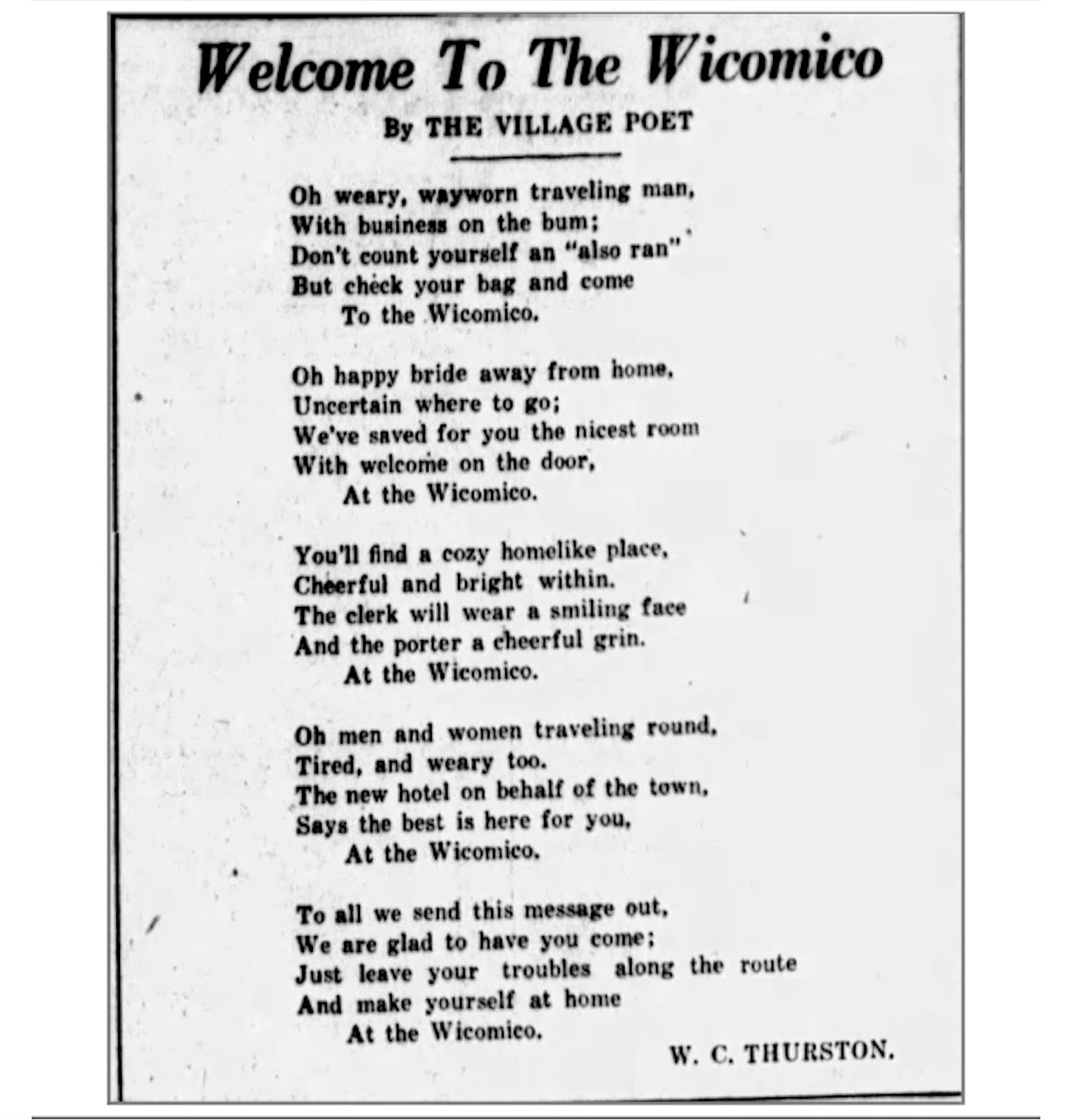Getting handwritten letters to the editor was one of the worst parts of being in the newspaper business. I worked at two different newspapers that would type them in so they could run. At one paper, that job fell to me, kind of. The fact that there were professional, salaried journalists running a free secretarial service for people incapable of using email should give you a particular insight to the kind of shortsightedness among publishers that killed print. To a publisher, all writing is essentially the same. That’s why they’re “copy” or “content.” It doesn’t matter what you call the clumps of gray writers churn out, so long as there’s space around it for ads, but that’s not what I’m here to talk about. I’m here to talk about the atrocious poetry.
In my lifetime it’s been common for grown-ups to submit poetry for publication, and though it should have fizzled out at the turn of the century, it persisted, maudlin, saccharine, clumps of prose that hurt to read. And not just to read, I still get an ache behind my eyes imagining the pride and confidence with which the note paper was folded and mailed.
Many acquaintances think I hate poetry, but I love it the most and believe it’s the most difficult thing to do well in writing. I can’t stand to see every idiot with a vague idea for a novel jot it down, call it a poem, and inflict it upon the rest of us, counting on good manners for smiles and encouragement.
I know there are people who love poetry more than me, who love the fact of people trying. They are the saints of literature, so it’s fair and right that I’m not among them.
In retrospect, I’m really sorry I didn’t keep any of that submitted poetry. Sometimes people would clip and mail me some work of wit they saw in Reader’s Digest and felt the rest of the world needed to read. Newspaper poetry is a class of its own. They are the logical end of the notion that poetry is the easiest because it’s so flexible.
And naively it is. As most newspaper poets understand the two rules of poetry are:
1. Every other line has to rhyme.
2. None of the conceits of grammar and structure matter, because it’s a poem.
No wonder poetry attracts people who want to write without doing the work.
I imagine the practice has faded with the rise of the internet and the decline of subscribers who remember that sometimes newspapers used to run unsolicited poetry.
As part of my research projects, I page through a lot of old newspapers, which is why I’m reminded newsprint poetry was a thing. I read one on the podcast a couple weeks ago and it was so much fun I decided to share it here (though you should consider subscribing to “Day Drinking on Delmarva” and listening there).
I might start sharing these à la “Best sentence I’ve written so far,” when I come across them in my research.
PostScript
I didn’t type the letters I was given by the way. Neither did I type the faxed press releases from all the failed journalists who started public relations companies. I just called the person who sent it, told them the newspaper was no longer accepting snail-mail op-eds, and gave them my email address.
The publisher (in one case) warned me that old people didn’t understand email and worried no one would send letters at all if we wouldn’t type them. Several old people also told me this when I called to let them know their insights into the Middle East problem weren’t going to see print.
All it took was me holding firm, though, and without exception whoever programmed their VCR, trained grandpa to send email that very day and that was the end of my career as a grossly overpaid typist.





Poetry was and is my first love. The quality may not be there, except in my mind, but the structure rhythm and rhyme are.